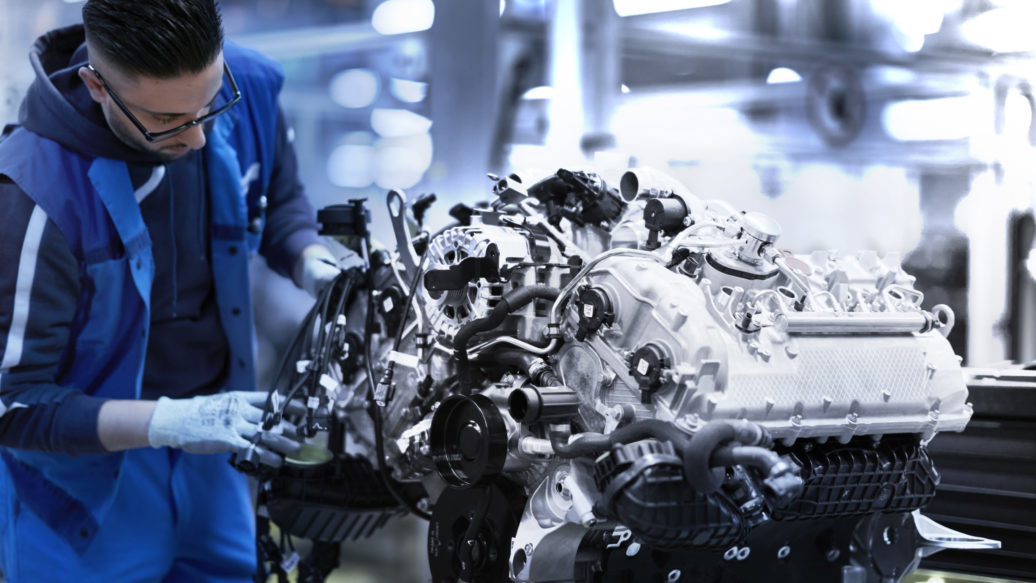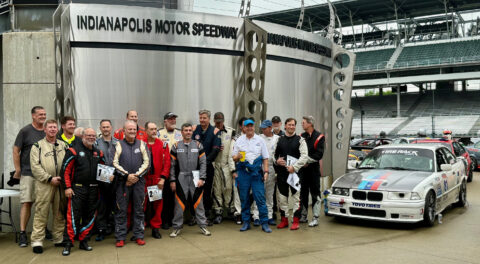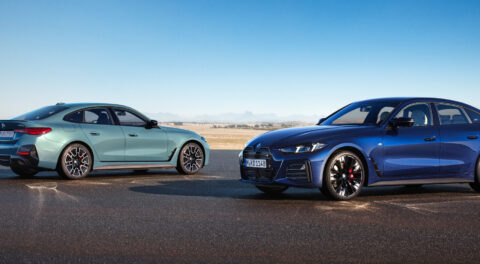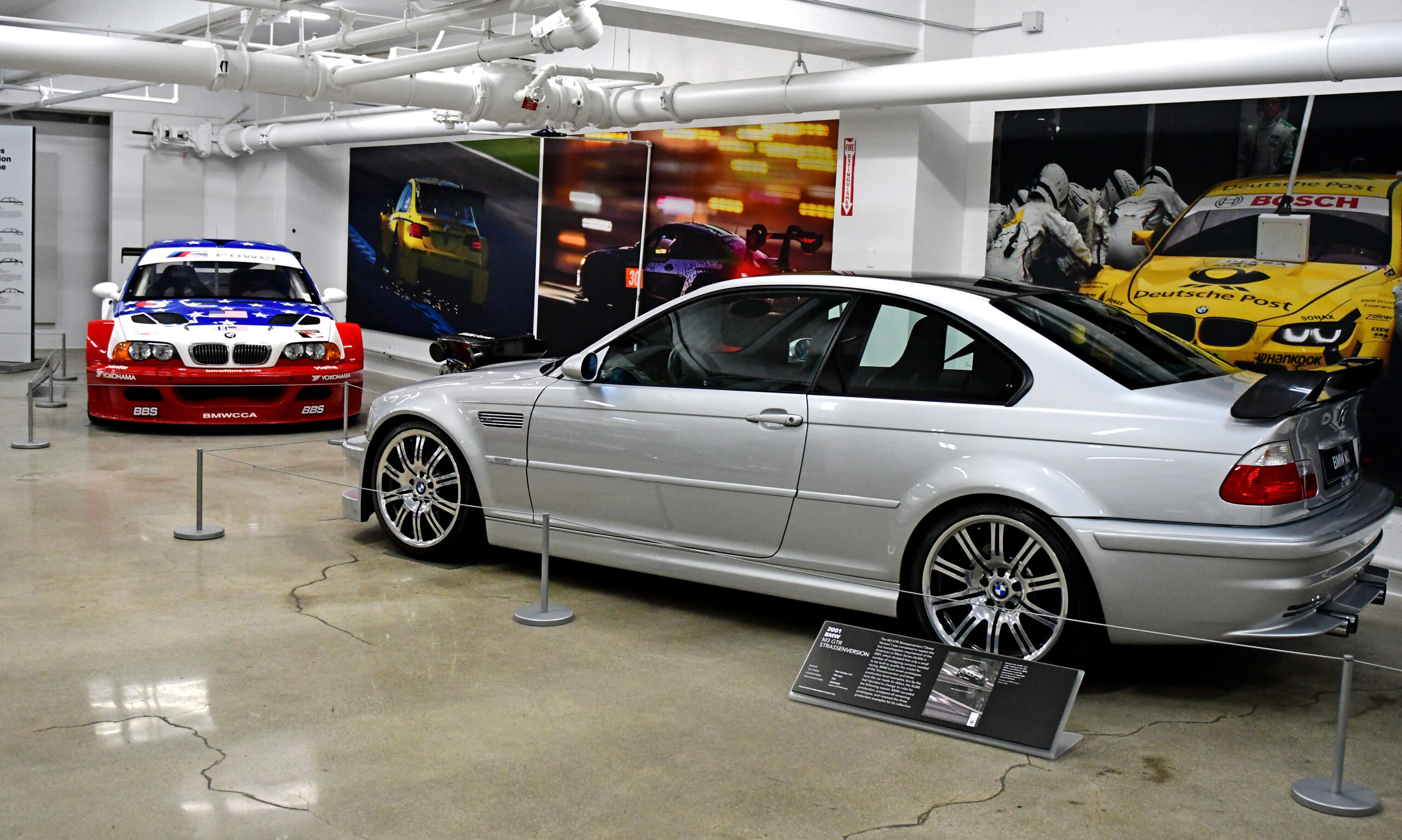According to a report by British automotive news outlet Autocar, the upcoming Range Rover Sport will use versions of the BMW twin-turbocharged V8 lineup including the N63 and M derivative S63. The reason for the switch from the current five-liter Jaguar AJ V8 to a version of BMW’s existing 4.4-liter design is obvious, with tightening emissions standards signaling the end of the AJ, which was produced by Ford locally in the U.K. up until 2019. Although the first versions of the N63 and S63 arrived for 2009 and 2010 respectively, the latest variations are remarkably efficient, with one being 17% more so than the Jaguar AJ V8, as per Autocar.
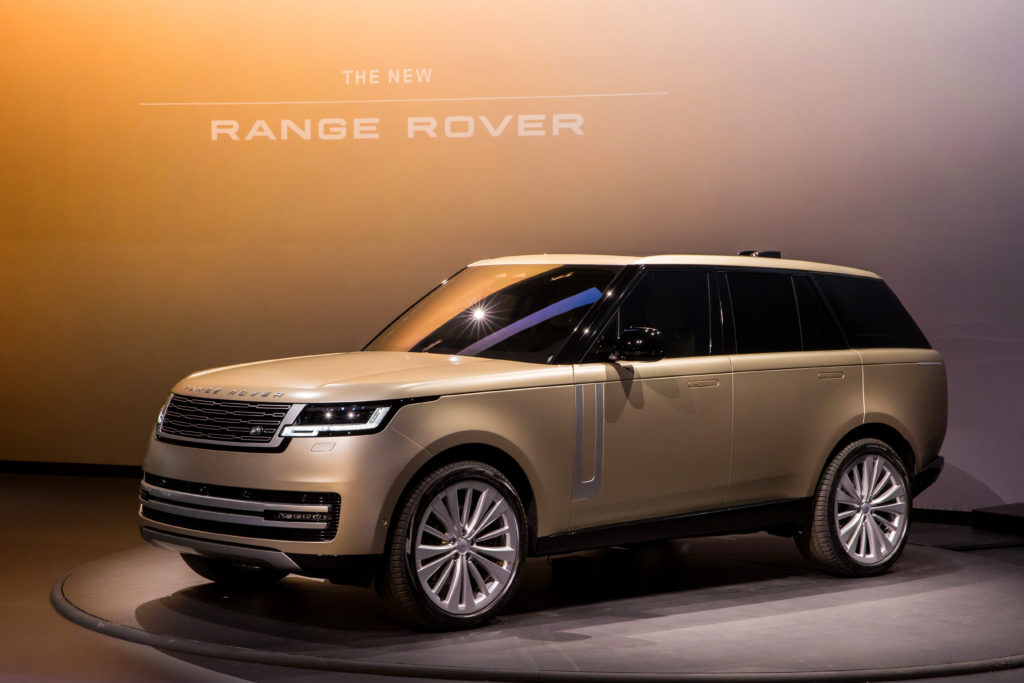
The new full-size Range Rover, unveiled in October for the 2022 model year, will use the 523-horsepower N63B44T3, a derivative of the N63TU3 V8.
The possibility of the next-generation Range Rover Sport using a BMW V8 doesn’t come as a particular surprise. Last year, we reported on how a potential Defender SVR could be powered by a BMW S63 M V8. We’ve not seen that come to fruition just yet, as the range-topping Defender P525 uses a supercharged 518-horsepower Jaguar AJ V8, but the report from Autocar says the Range Rover Sport SVR will go from using a 565-horsepower supercharged AJ V8 to a BMW S63 like the one used in the X5 and X6 M. Looking further back, the possibility of Jaguar using BMW engines has been discussed before, as the two automakers have also been working together on electric drivetrains since 2019. We’ve not heard whether or not future Jaguar models will use BMW’s eDrive technology, but it’s certainly a possibility.
In addition to the S63 M V8, it sounds like the next-generation Range Rover Sport may also use the 523-horsepower N63B44T3 V8 found in M Performance models like the M550i and the X5 M50i, for example. This engine is already set to be available in the new full-size Land Rover Range Rover, production of which is set to commence this year. The Range Rover with the BMW engine bears the model designation P530, which corresponds to the 523-horsepower (530 metric horsepower) output, and just like nearly the entire current BMW lineup, the L460 Range Rover also uses ZF’s eight-speed automatic transmission.
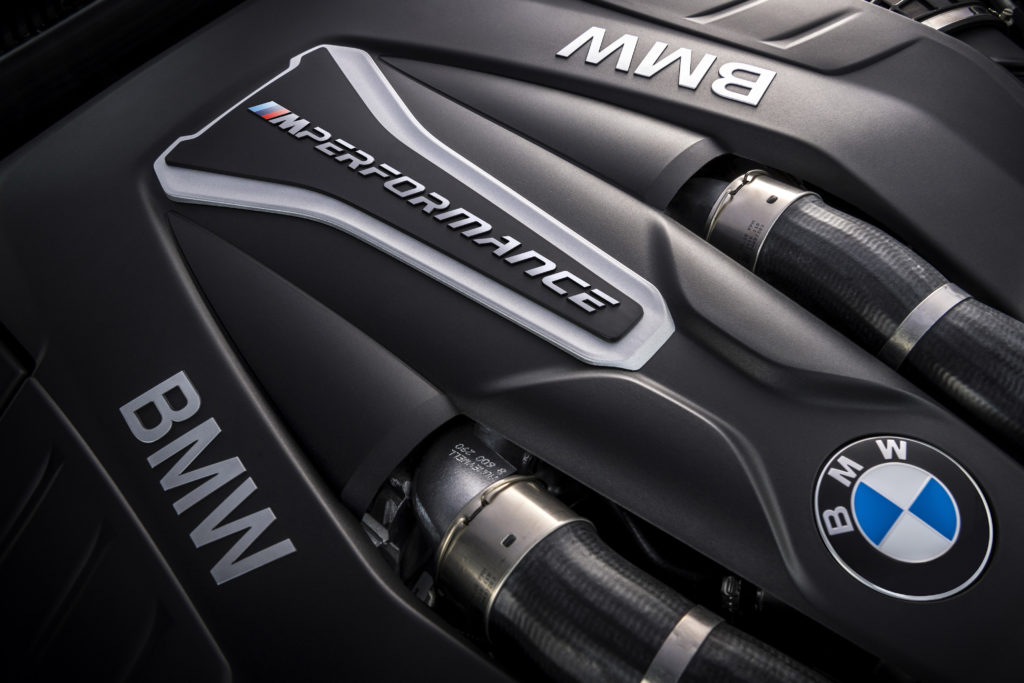
Although Jaguar Land Rover is using a new modular architecture dubbed MLA Flex to underpin its new models, which can accommodate a range of powertrains, for the brand’s six-cylinder and hybrid models (both plug-in hybrid and mild-hybrid), its sticking with its own turbocharged three-liter Ingenium inline six which makes up to 400 horsepower and 400 pound-feet of torque.
Finally, although it hasn’t been confirmed, there’s also a possibility that the V8 hybrid drivetrain first shown in the XM concept (which will likely find its way into the next-generation M5), could be adapted for use in an upcoming performance range-topping version of the Range Rover Sport. This possibility remains conjecture at this point, but given that the new L460 Range Rover is coming with a BMW V8 after years of speculation, we wouldn’t be surprised to see it happen. Hopefully this time, however, things go better than they did when BMW put the M62 V8 in the L322 Range Rover twenty years ago.
Whether or not Jaguar Land Rover will use BMW’s upcoming V8, which has been in development since at least 2019, remains to be seen, but from what we know, it’s going to be an exceptionally powerful yet efficient engine.—Alex Tock
[Photos courtesy BMW AG, Jaguar Land Rover.]

